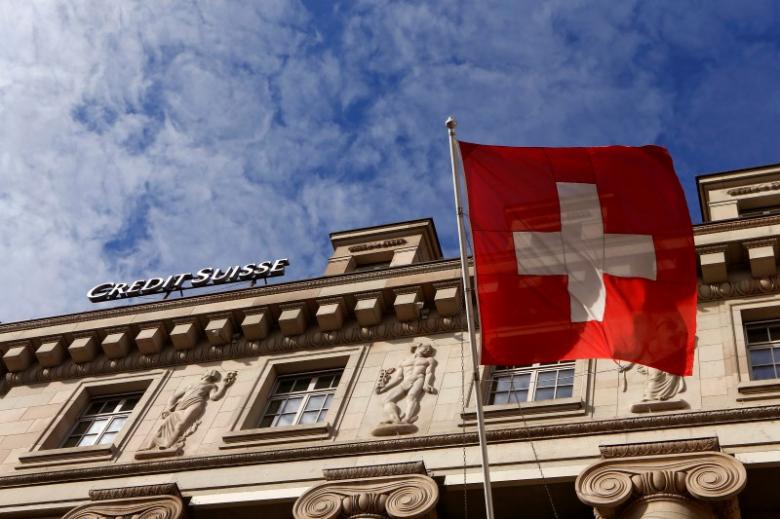Indian government investigation for swiss bank account continues with Maharashtra’s Sangli royal family.

India’s investigation of Swiss bank accounts held by its citizens has taken a ‘royal’ turn, asking Swiss tax offices for information of two members of the ruling family, from the former princely State of Sangli, now in Maharashtra.
Following India’s application for “administrative assistance” in this matter, the Swiss Federal Tax Authority released a public notice calling upon the royal couple – Vijaysingh Madhavrao Patwardhan and Rohini Vijaysingh Patwardhan – to elect their nominated representatives to address this issue and, if any, to object to the sharing of information. Surprisingly, Patwardhan’s are the parents of Bollywood actress Bhagyashree.
This is typically the first step to sharing information regarding financial information in tax matters with the Swiss authorities asking for jurisdiction in accordance with the Swiss regulations.
Patwardhan’s were asked to nominate their nominees within 10 days in two separate but identical notice dated 19 November, published in Switzerland’s latest Federal Gazette in Berne.
There have been repeated attempts to contact the family, while the queries sent to a company’s registered email ID where the two Patwardhan’s are listed as directors are not answered as well.
The company is registered with the Mumbai Registrar of Companies (RoC) as Mangalmurti Investment and Exports Private Limited and the registered address is the ‘Sangli Villa’ in Mumbai.
As such, RoC records show that the Company is ‘active’ the last AGM date is 30 September 2019, and the last balance sheet date is 31 March 2019. Vijay Singh and Rohini Patwardhan are the only two directors listed in the Organization.
According to various reports, after his grandfather’s death in 1965 Vijaysingh Patwardhan was the last king of Sangli, but he had a strong interest in business early in his age and also spent some time dabbling in film music composition. Over the years, he was honoured with the establishment of education, medical and other facilities for Sangli people.
While an automated exchange of financial information between India and Switzerland have already been in place, and the first such exchange happened in September of this year, the Swiss authorities have periodically released such notice on prime proof of financial wrongdoing activity to Indian citizens who have accounts in Swiss banks.
In recent months, several such notices have been released, including against people in India who are already facing black money probe. Once such notice was recently issued to Gautam Khaitan, an accused in the AgustaWestland chopper scam case.
While Swiss bank accounts have been a heated political discussion in India for many years because they were suspected of using it to hold black money, it was also suspected that people from former princely states had stashed some of the funds in Swiss banks.
Since 2015, the Swiss government has made details of dormant accounts to enable their claimants to provide necessary evidence of their access to these funds, which comprised at least 10 Indian-connected accounts.
Some accounts related to Indian citizens and British nationality was included. However, in the last six years, there has been no success in claiming a single dormant account linked to an Indian, as per the records available to Swiss authorities.
The list included approximately 2,600 dormant accounts, which had been unclaimed since at least 1955 and had about 45 million Swiss francs (over Rs 300 crore). There are also almost 80 safety deposit boxes that did not receive claims from the real owners or their heirs when the list was first published.
The time limit for the submission of requests is usually one year from the date of such dormant accounts being published but the accounts with the last customer contact in 1954 or earlier has a long period of time of five years. The original account holder, as well as his or her legal heirs, can make the claims.
If no request is received within the time limit, or if the bank finds the claims unjustified, the bank must hand over the assets to Switzerland’s Federal Finance Administration, thereby nullifying all former customer rights.



















































































